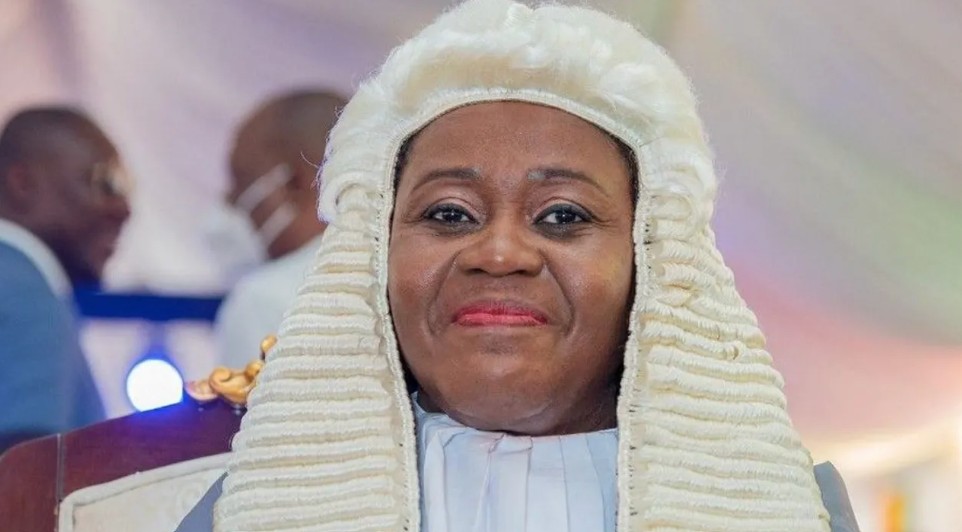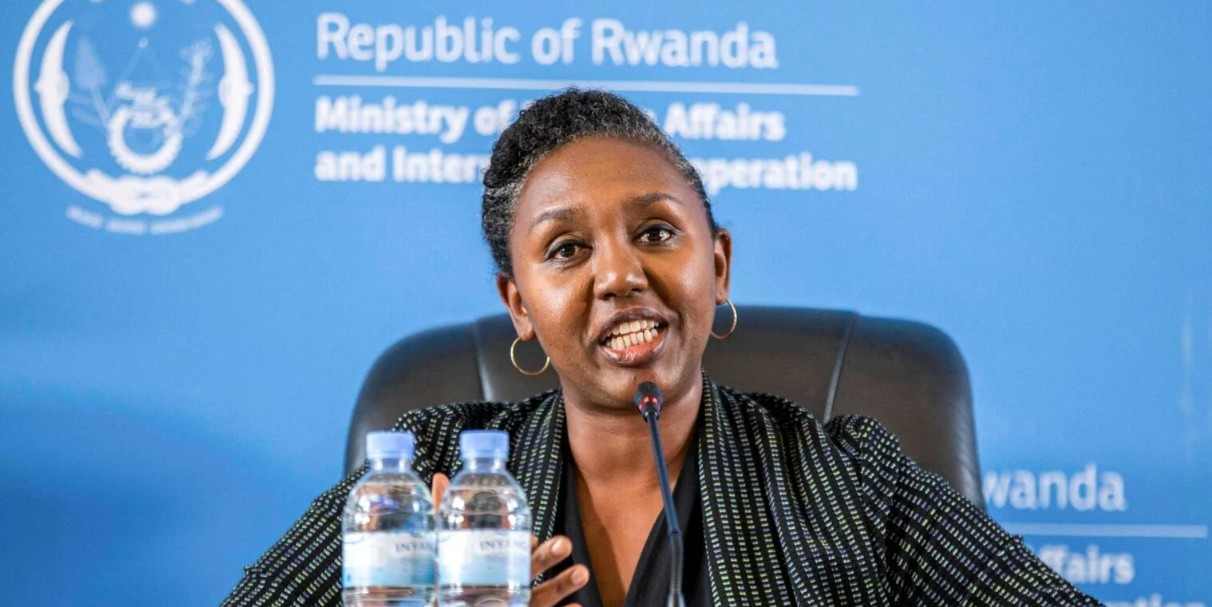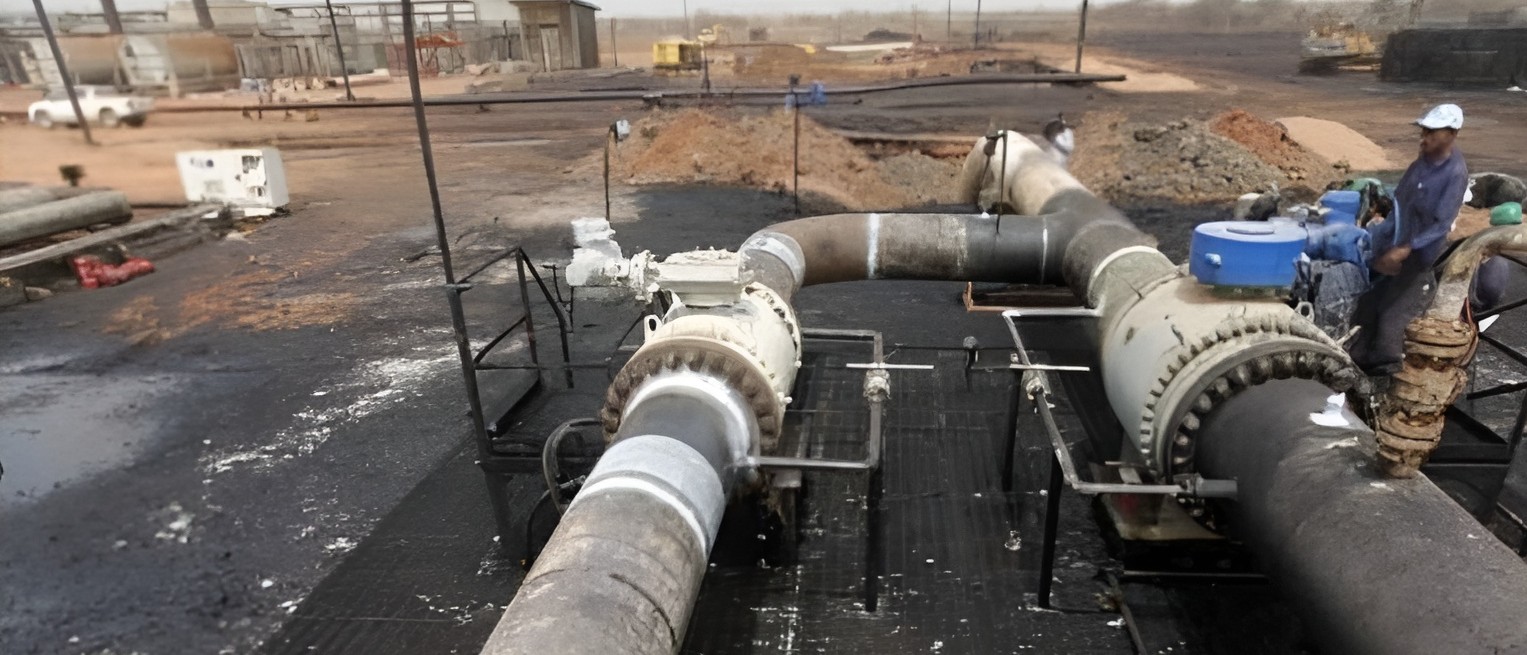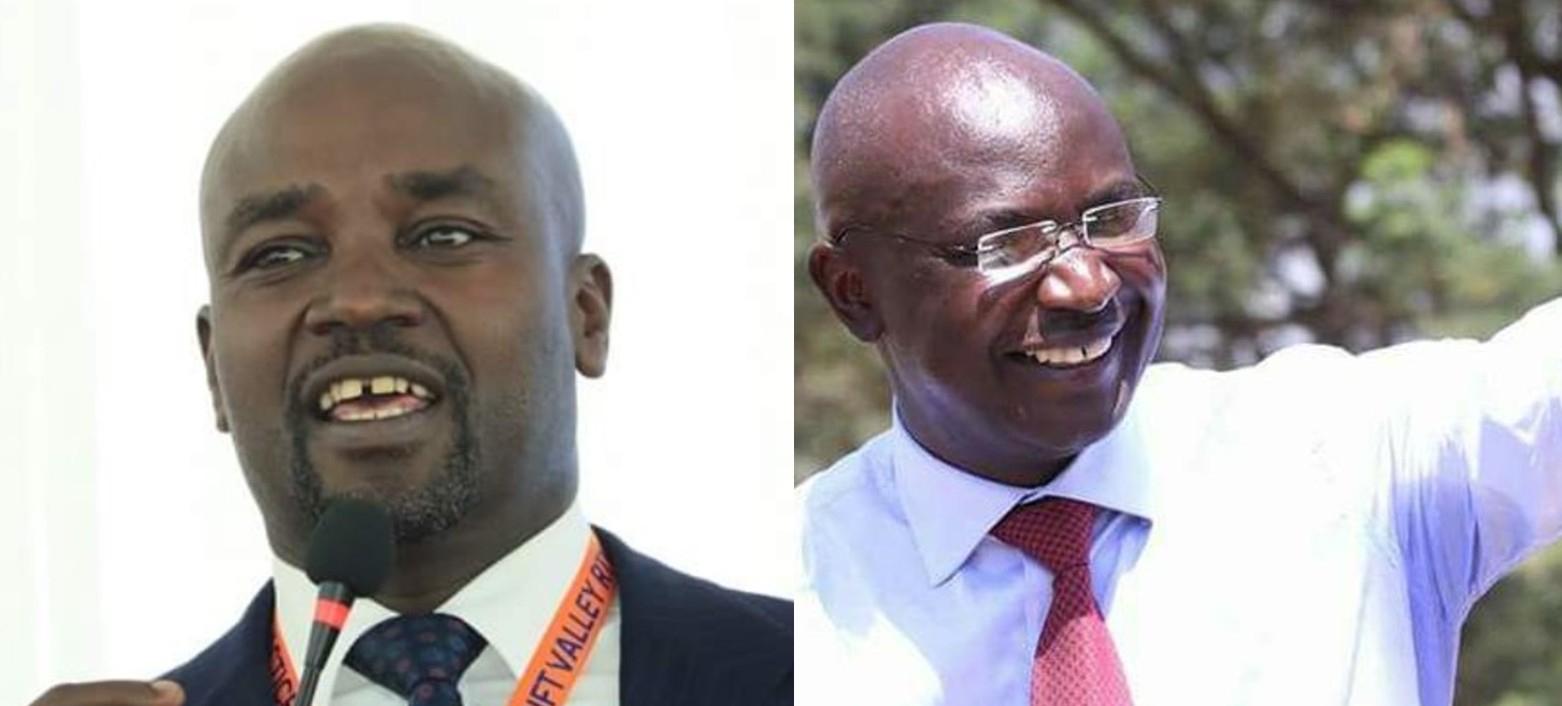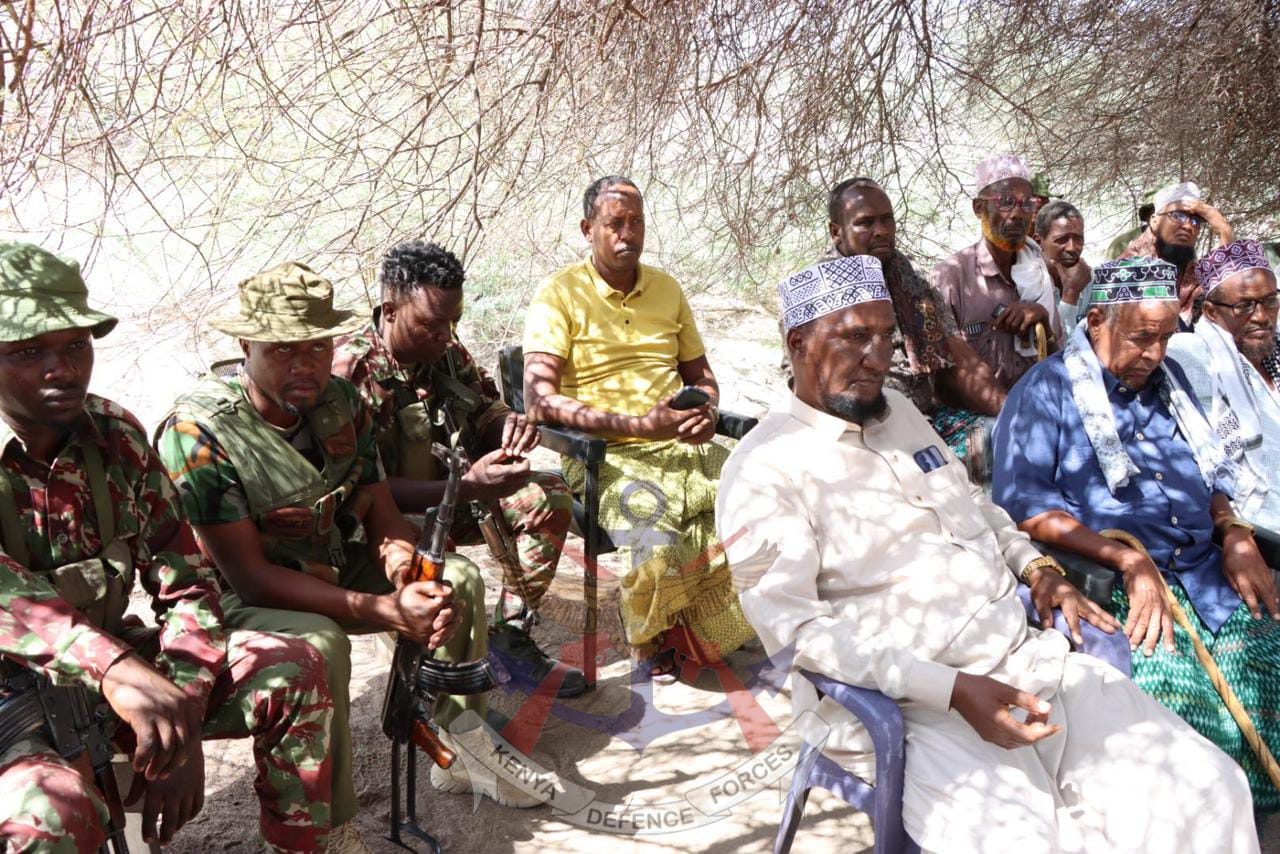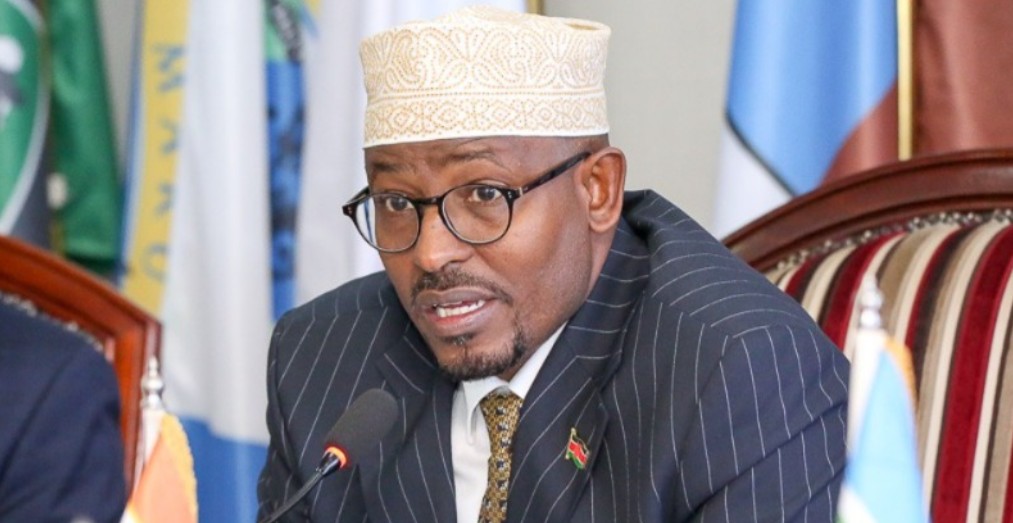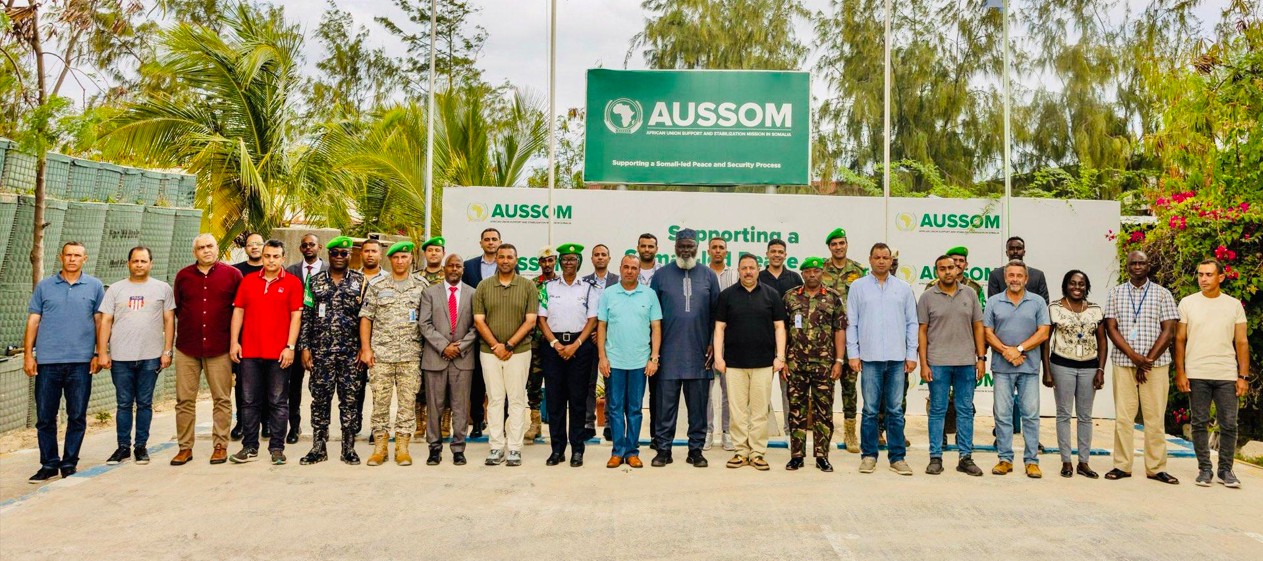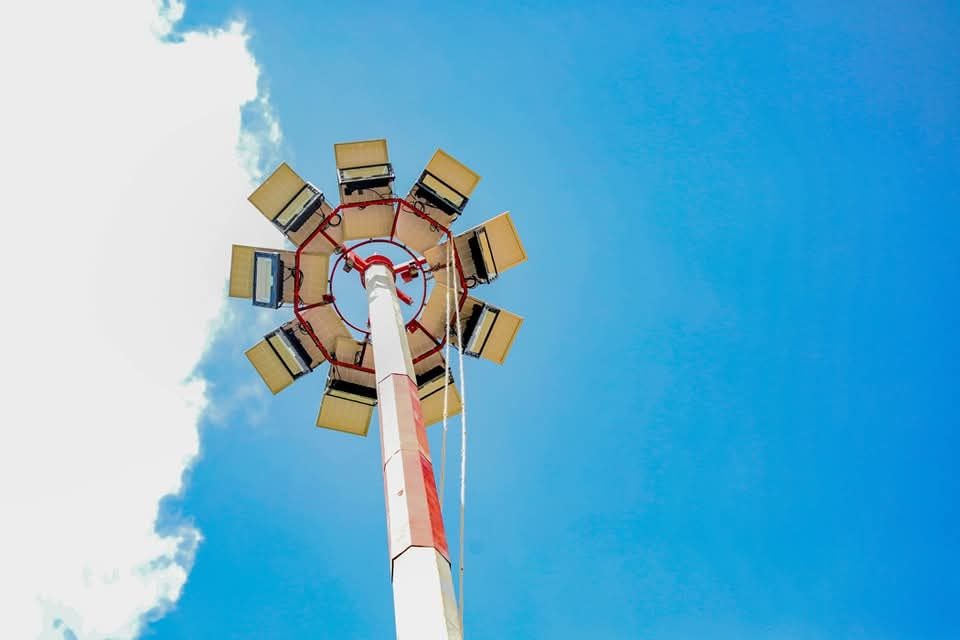LSK faults IPOA over inaction, urges tougher oversight, compensation for police brutality victims
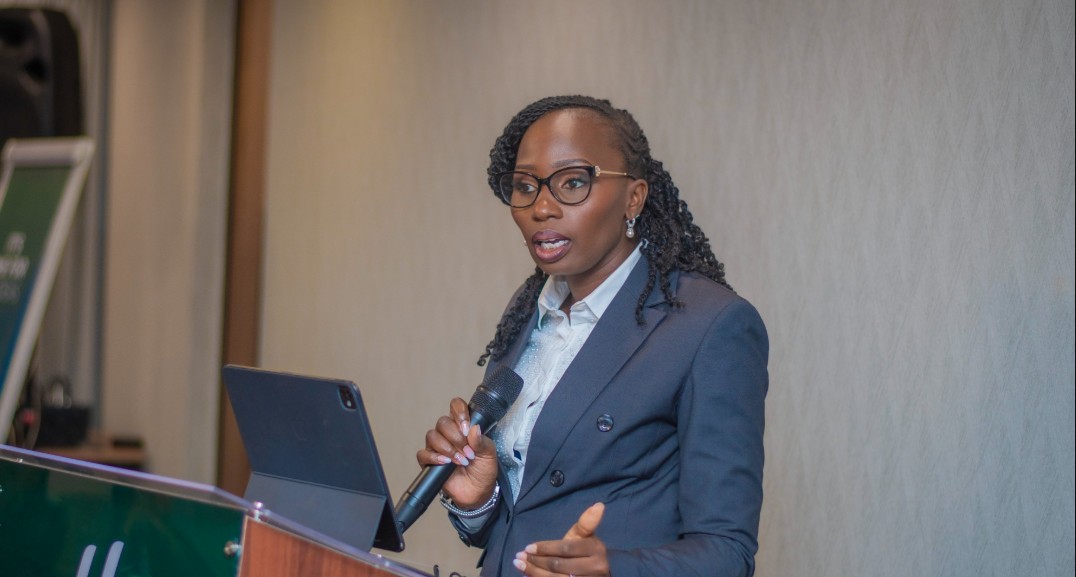
LSK President Faith Odhiambo criticised IPOA for lacking transparency and only acting when pressured, saying it has become part of a justice system that continually frustrates victims of police brutality.
The Law Society of Kenya (LSK) has proposed the creation of a performance evaluation system for the Independent Policing Oversight Authority (IPOA), arguing that the body often acts only under public pressure and has failed to produce meaningful accountability for rogue police officers.
Speaking in an interview with Citizen TV on Tuesday, LSK President Faith Odhiambo criticised IPOA for lacking transparency and failing to follow through on complaints unless pushed. She said the authority had become part of a justice system that continues to frustrate victims of police brutality.
More To Read
- Police armoury officer defends firearms records in Rex Masai murder case
- LSK demands urgent probe into abductions of lawyers, warns of persecution
- Families of missing Kenyans lay bare frustrations in search of their kin as IPOA decry lack of capacity to handle cases
- Albert Ojwang’s killing: IPOA Chairperson Issack Hassan apologises for joint presser with police
- Police admit Shakahola lessons not fully applied after Kwa Binzaro cult deaths
- NPSC chair Yuda Komora vows to transform police into citizen-centered service
Odhiambo noted that IPOA’s inability to prosecute cases independently, along with limited access to critical documents—such as police deployment records—has undermined its effectiveness.
“IPOA is not properly funded to carry out its mandate. Even in prosecution, they don’t get the deployment or operational plan from the IG’s office to know who was deployed, where and when,” she said.
“People want to see action, not just investigations and reports.”
Prosecutorial powers
She added that LSK is now considering advocating for IPOA to be granted prosecutorial powers, allowing it to pursue cases without relying on the Director of Public Prosecutions (DPP).
Odhiambo also expressed concern over the delayed implementation of the Victims’ Compensation Fund, stressing that even where strong evidence exists, victims of police abuse are yet to receive reparations.
“We haven’t actualised the Victims’ Compensation Fund. So even when there’s a strong case, how do we make reparations?” she posed.
She accused IPOA of only responding to high-profile cases under public scrutiny, while ignoring many complaints submitted by the Law Society and the public.
“There’s so much we can do as the Law Society. We cannot be in every place or handle every case. So, who monitors IPOA? What is the scorecard for action when they fail to do their job?” she posed.
Beyond statements
Odhiambo insisted that IPOA should pursue legal action when necessary instead of limiting its role to issuing statements.
“Why not seek interpretation from courts when the law says they should get certain information? Let courts give orders and hold individual officers accountable,” she said.
Turning to the broader justice system, Odhiambo cited long delays in resolving police accountability cases. She recalled that the trial in the murder of lawyer Willie Kimani took six years to conclude, while other cases involving victims such as Albert Ojwang, Boniface Kariuki, and Rex Masai remain unresolved.
“The inquest into Rex Masai’s death is being watched closely. Unfortunately, inquests rarely take off in Kenya, and we see little action afterwards,” she lamented.
“We need to fast-track these cases just like we do with election petitions, corruption and gender-based violence. I suggested that we set up courts to specifically deal with police violations.”
Specialised courts
She said that specialised courts would help restore public confidence and ensure timely justice.
“People want to see perpetrators held accountable. They don’t want to keep seeing the same officer roaming their neighbourhood even after reporting them,” she said.
“If there’s no evidence, let that be determined by the court. Then we can ask: why was there no evidence? Who failed in their duty?”
On the matter of compensation, Odhiambo criticised the government’s failure to address the suffering of families who lost loved ones to police violence.
“Last year, there were promises to compensate victims, but nothing has happened. It’s selective; some families receive money, others don’t. What happened to Baby Pendo’s case? Still dragging in court years later. Many families have not been compensated. The 12-year-old girl’s family in Kiambu is still crying for justice. The woman who died in Nanyuki, her family is still demanding answers,” she said.
She called on Parliament to enact legislation that would activate compensation mechanisms and ensure court decisions on reparations are enforceable.
Odhiambo concluded by urging the government to uphold constitutional protections, strengthen oversight systems, and guarantee justice for victims of police abuse.
Top Stories Today
